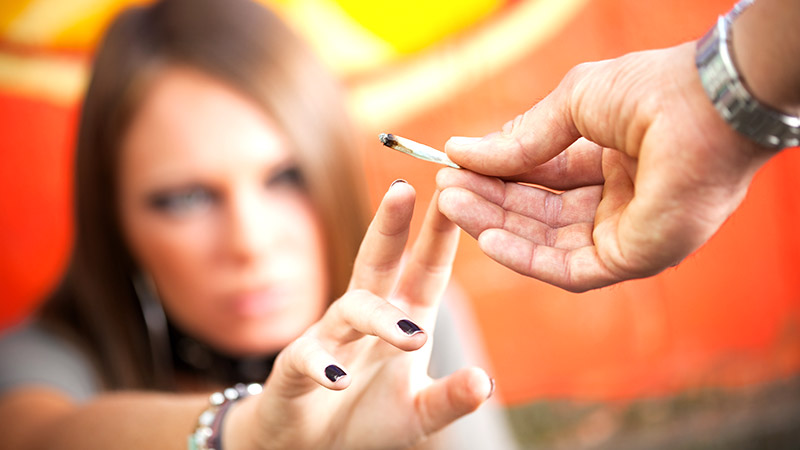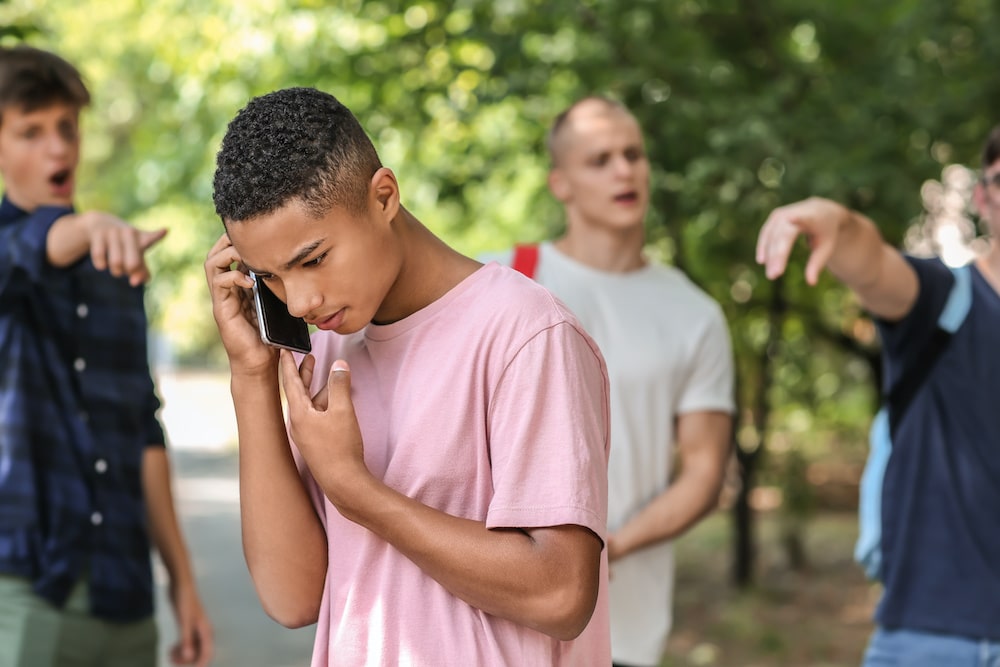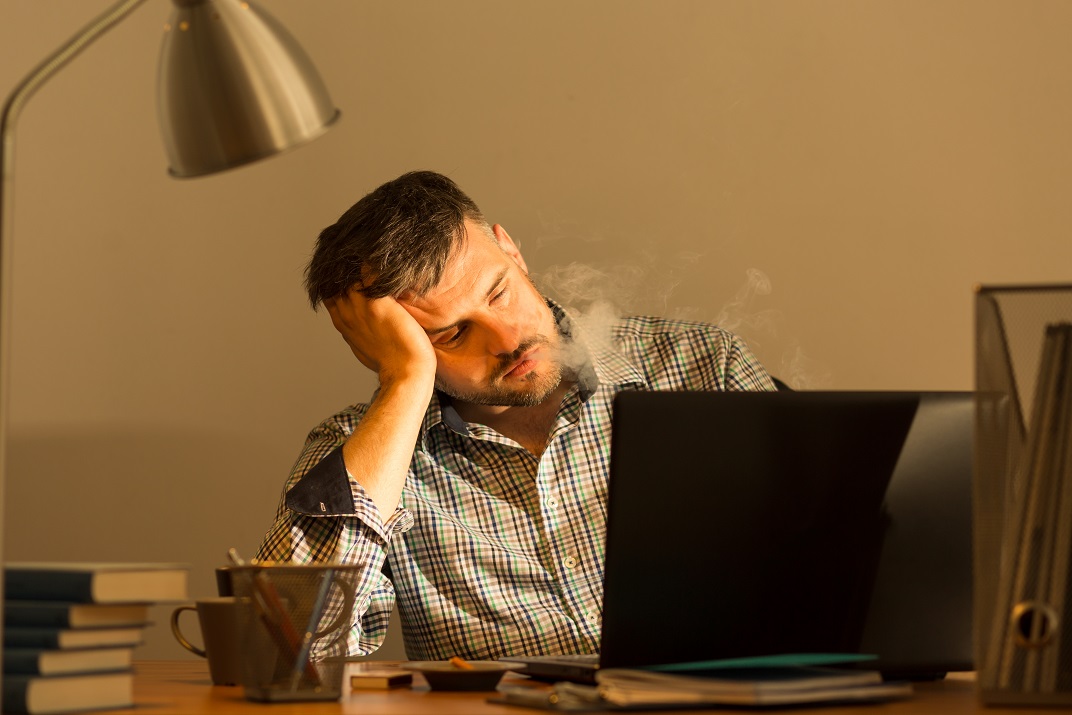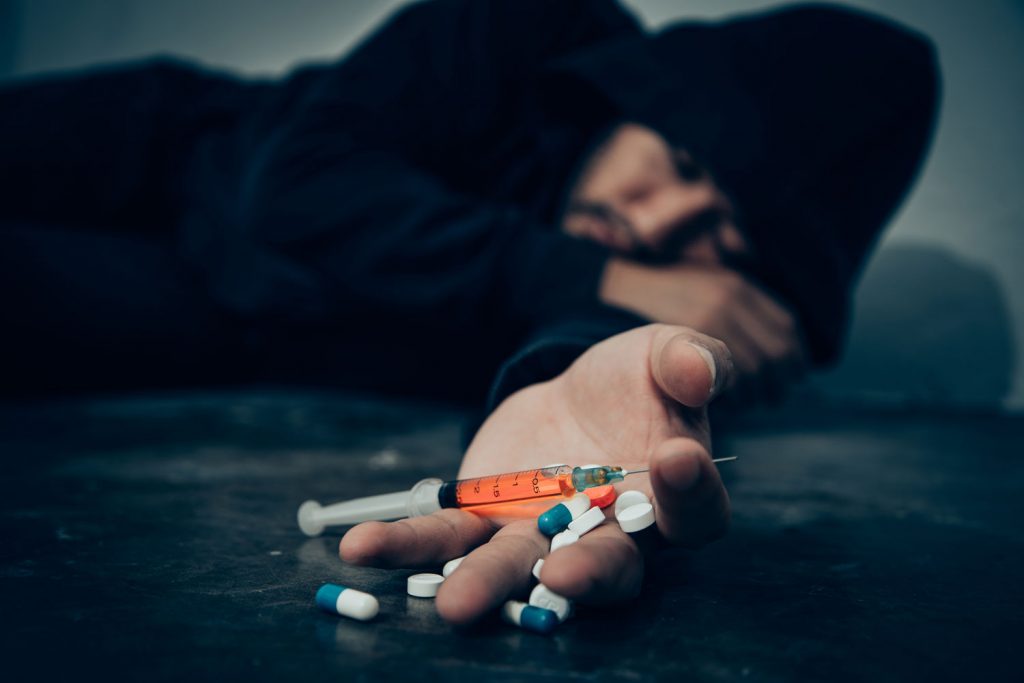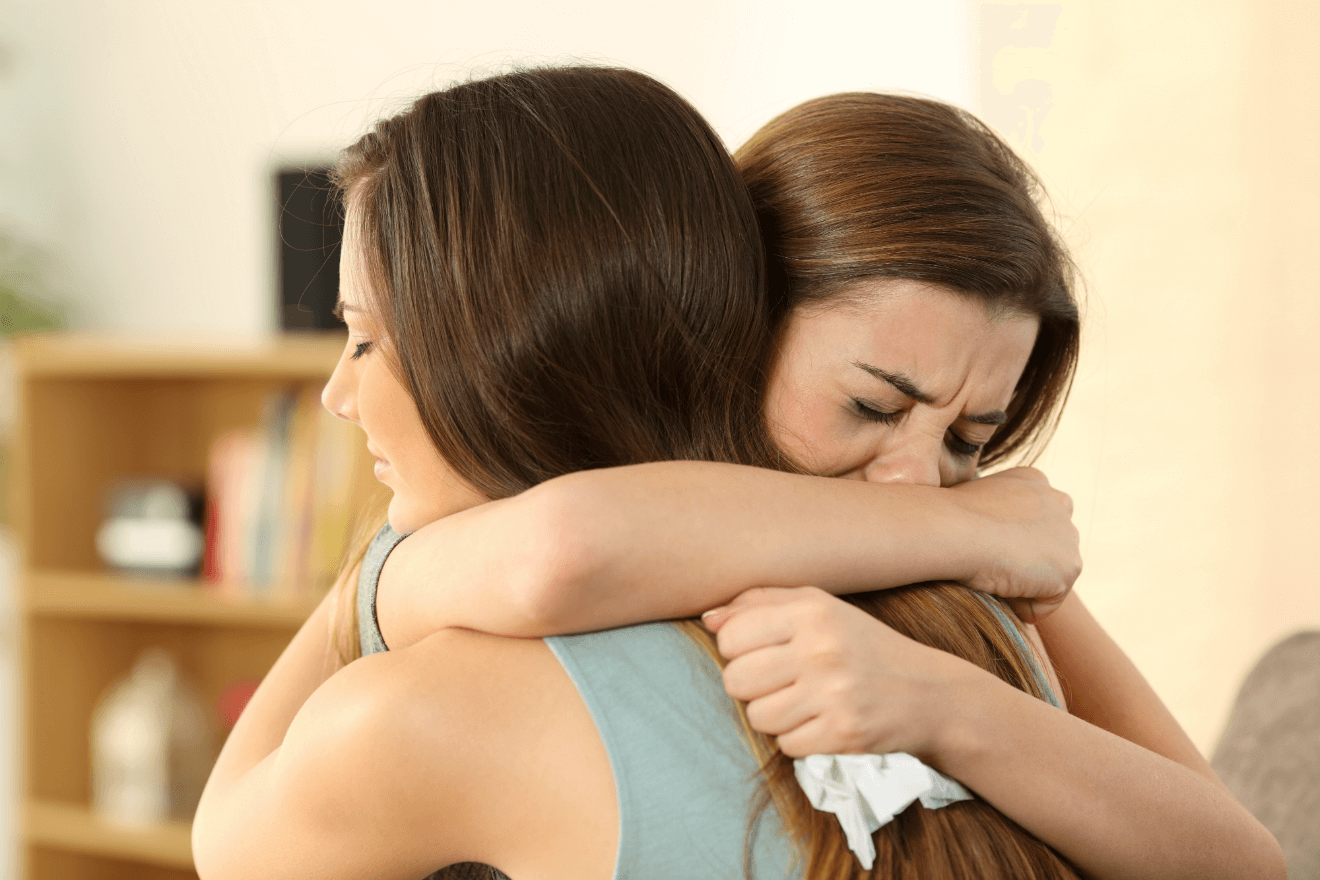Even when you've made up your mind to stay away from drugs and alcohol, it can get complicated when the offer comes from someone you care about—like a friend. In some cases, a simple “no thanks” might work just fine. But there are also moments when that’s not enough. Peer pressure can get intense, especially when others feel like you’re judging them just because you’re making a different choice.
Here are some smart, low-drama ways to keep your boundaries clear and your values intact, even in tough situations:
-
Be the driver – Offer to be the designated driver for the night. When you’re in charge of getting people home safely, there’s a built-in reason for staying sober—and most people will respect that.
-
Use your athletic goals as an excuse – If you’re part of a sports team or training for something, say you're avoiding substances to protect your performance. It’s hard to argue with wanting to feel your best.
-
Give a believable reason to say no – Say something like, “I’ve got to be up early to study,” or “I’m babysitting my cousin in the morning.” It doesn’t even have to be a big deal—just something that makes drinking or using drugs sound impractical.
-
Keep a drink in your hand – Carrying a soda, iced tea, or water can discourage others from offering you alcohol. If someone still does, just hold up your drink and say, “I’m good.”
-
Stay active at the event – If you're at a party, stay engaged. Get up and dance, help with the music, or find another role that keeps you involved without needing to explain why you’re not drinking.
-
Blame your parents if needed – Say they’ll be checking in on you, or that they can smell everything and would know if you came home under the influence. Most friends will back off when strict parents are involved.
And here’s the bottom line: if people can’t have fun with you unless you’re drinking or getting high, they’re not really your people. Sometimes the best move is to leave the situation entirely.
If you find yourself constantly in environments where substance use is expected, it might be time to reconsider your choices before you even show up. Knowing what kind of scene you're walking into helps you prepare or even decide not to go at all.
Peer Pressure and How It Affects Teen Decisions
Teenagers and peer pressure often go hand in hand. It’s a dynamic that shapes countless decisions—some good, some not so great. Research shows that teens are more likely to try smoking, drinking, or using other substances if they’re encouraged by friends.
Peer pressure is basically when you do something you wouldn’t normally do, just to fit in. It isn’t always verbal, and it isn’t always negative. Sometimes it pushes teens in a positive direction, like trying out for a team or standing up for a friend.
Understanding the many faces of peer pressure can help teens—and the adults who care about them—respond with more clarity and confidence.
Different Forms Peer Pressure Can Take
Peer pressure doesn’t come in just one flavor. It ranges from silent social cues to direct verbal challenges, and from encouragement to make good choices to pressure to take harmful risks.
Some types of peer pressure are subtle and hard to spot. Others are loud and in-your-face. But in every form, they influence how teens behave and how they view themselves in relation to others.
Comparing Harmful and Helpful Peer Influence
There’s a clear distinction between peer pressure that leads teens down risky paths and peer influence that inspires them to grow or achieve something new.
Examples of negative peer pressure:
-
Urging someone to try smoking or drink alcohol
-
Pressuring friends into unsafe sex
-
Getting someone involved in stealing or vandalism
-
Convincing a classmate to ditch school or break rules
Examples of positive peer pressure:
-
Encouraging a friend to join a club or extracurricular activity
-
Supporting classmates to improve their academic efforts
-
Welcoming peers into team sports or fitness programs
-
Inviting someone to help out at a fundraiser or community project
Teens often don’t recognize that not all peer pressure is bad. In fact, the right kind of influence can motivate someone to become their best self.
Silent Pressure vs. Direct Suggestions
Not all peer pressure is spoken. Sometimes, it’s completely non-verbal—and that can make it even more powerful. When teens see their friends doing something, they often feel an unspoken push to do the same just to feel included.
Non-verbal peer pressure can involve things like:
-
Seeing popular students smoking and assuming it’s “cool”
-
Noticing that everyone in a certain group wears the same style of clothing or listens to the same music, and feeling the need to follow suit
-
Observing behaviors at parties or on social media that promote drinking or risky behavior as normal
Spoken peer pressure, on the other hand, is more direct and includes:
-
Being offered a drink or a cigarette
-
Being teased for saying no or being "too serious"
-
Getting asked to go to a party or event where drinking or drug use is expected
-
Friends encouraging or challenging you to take a risk
Both kinds of peer pressure can be equally influential. Recognizing them helps teens take back control of their own decisions.
The Ways Peer Pressure Can Influence Teen Behavior
Peer pressure doesn’t just shape what teens wear or what music they like—it can have a major impact on the choices they make across all areas of life, including their physical health, emotional wellbeing, and relationships. The influence of peers can be subtle or direct, but it can leave lasting effects, especially during the formative teenage years when identity and independence are still taking shape.
When it comes to drugs and alcohol, the pull of peer influence can be especially powerful. In fact, research has shown that peer encouragement plays a stronger role in a teenager's decision to experiment with substances than parental guidance does. Friends may tease someone for turning down a drink, offer drugs casually, or simply make it seem like everyone is doing it—creating pressure to go along.
But substance use isn’t the only area affected. Peer pressure can also extend to sexual behavior. Studies have found that teens who believe their peers are sexually active are more likely to engage in risky sexual activity themselves. Just being around peers who express certain views about sex can shape how teens approach their own boundaries and decisions.
That said, not all peer pressure leads to trouble. Those same studies also found that teens whose friends supported safe sex practices—like using contraception—were more likely to adopt healthy behaviors. Likewise, teens who surround themselves with kind, socially responsible peers are more likely to volunteer, help others, and make thoughtful choices.
According to the U.S. Department of Health and Human Services’ Office of Adolescent Health, peer influence can affect almost every part of a teenager’s life, including:
-
Their eating habits and level of physical activity
-
Decisions about drinking, smoking, and drug use
-
How well they do in school and how they feel about their education
-
Their clothing style, music preferences, and entertainment choices
-
Beliefs about romantic relationships, sexual identity, and gender roles
The more aware teens are of these dynamics, the better equipped they’ll be to navigate peer influence in a way that supports their values instead of undermining them.
Smart Strategies for Dealing With Peer Pressure
Teens often ask, “How do I say no without looking lame?” or “What do I do when everyone else is doing it?” The key is preparation—knowing who you are, what matters to you, and how to respond in the moment.
Learning to manage peer pressure isn’t about isolating yourself or always avoiding parties. It’s about building inner confidence, choosing your friends wisely, and having a game plan.
Here are some effective ways teens can protect themselves:
-
Be prepared to say no – The ability to refuse something confidently is a life skill. Practice what you’ll say before you find yourself in a tough spot. It could be as simple as “No thanks,” or something more specific like, “I don’t want to mess up my soccer training,” or “That would make my allergies flare up.” If the situation feels unsafe, don’t hesitate to call a parent or trusted adult for help getting out.
-
Stay grounded in your values – Think about what truly matters to you. Maybe you’re aiming for a scholarship, or you want to be a role model for younger siblings. When you’re clear on your priorities, it becomes easier to make choices that align with your long-term goals rather than temporary acceptance.
-
Choose your circle wisely – The people you surround yourself with have a big influence on your decisions. Friends who respect your choices and share your values can help you stick to them, even in pressure-filled moments. Being part of a positive peer group—whether it’s a school club, church group, or sports team—can give you a sense of belonging without compromising who you are.
-
Have someone in your corner – Let a trusted adult know about your boundaries. Whether it’s a parent, sibling, teacher, or counselor, having someone to talk to makes a difference. They can support you, help you process tough situations, and even intervene if needed.

Knowing When It’s Time to Get Help
While not every teen who gives in to peer pressure develops a substance problem, some do. If you’re a parent, friend, or educator who’s concerned about a teen, it’s important to recognize the signs that may indicate deeper issues with drugs or alcohol.
Here are some of the red flags to watch out for:
Changes in behavior:
-
Making frequent excuses or lying about whereabouts
-
Becoming secretive or behaving in uncharacteristically aggressive ways
-
Pulling away from hobbies, responsibilities, or social activities
-
Spending long periods alone or making secret phone calls
-
Acting defensive or evasive when asked direct questions
Emotional shifts:
-
Angry or hostile reactions to simple questions
-
Persistent mood swings or unexplained sadness
-
Apathy and lack of motivation for things they once enjoyed
Physical signs:
-
Constant fatigue or drowsiness
-
Noticeable weight fluctuations or disturbed sleep
-
Wearing long sleeves even in warm weather (possibly to hide marks)
-
Slurred speech, red eyes, or difficulty with coordination
-
Possession of strange items like rolling papers, small mirrors, or empty pill bottles
Social red flags:
-
Changing peer groups suddenly or avoiding longtime friends and family
-
Skipping classes or showing a sudden drop in grades
-
Selling personal belongings or stealing money
-
Talking rapidly or showing unusual energy levels
If multiple warning signs are present, especially over an extended period, it may indicate a more serious issue. In such cases, seeking help from a counselor, doctor, or addiction specialist can be the first step toward healing.
Recognizing that peer pressure can sometimes lead to dangerous paths doesn’t mean teens are doomed to follow them. With support, awareness, and the right tools, they can navigate the pressures around them and stay true to the values they want to live by.

